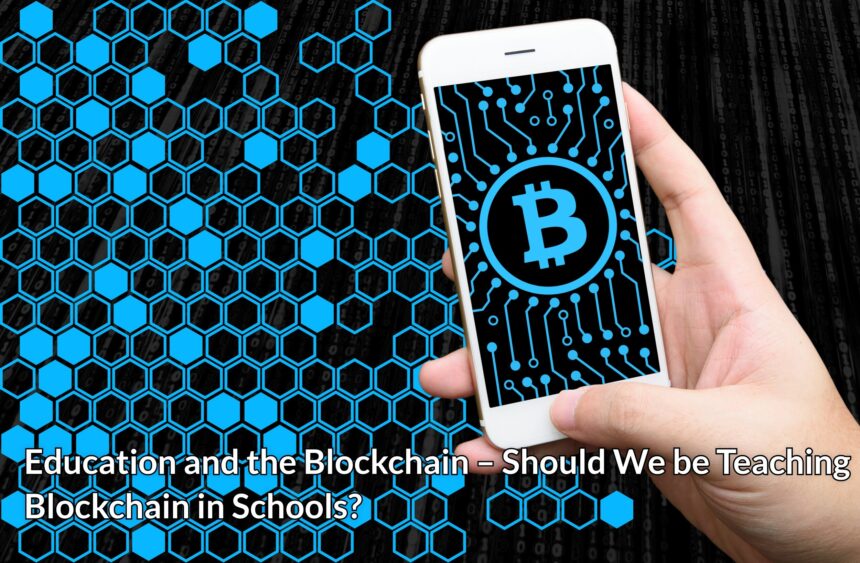It goes without saying that tech progress is moving at a rapid pace. Futurists point to Moore’s law – the idea that tech capabilities double every two years – as evidence for tech’s expansion into nearly every facet of our lives.
Teaching Technology
Education has seen its own dramatic tech advances. Kids can learn math from gamified apps while riding in the backseat of the family minivan. Students can hire an online algebra tutor and learn from anywhere via Skype. Aspiring students can virtually attend free Ivy-league classes (Massive Open Online Course, or MOOC) with millions of other learners of all ages and backgrounds. And NASA now collaborates with high school students in inventive hardware and robotics projects.
The most significant advance in computer-based education isn’t AI or virtual-based learning or even big data – it’s the blockchain. Blockchain has its origins in cryptocurrency, i.e. Bitcoin. The blockchain is essentially a way of managing data transactions – and it’s considered a radical disruption of traditional banking.
Plus, its applications in education – both virtual and classroom-based – have the potential to change everything about schools, from instruction to student achievement.
Exposure Versus Creativity
In the US, three-quarters of children have access to a smartphone. But on its own, that’s not necessarily a good thing. Kids who simply learn to operate a phone, just downloading and playing games, become consumers. The future lies with creators.
US Department of Labor statistics tell us that 2020 will bring with it 1.4 million computer specialist job openings. But American universities produce woefully inadequate numbers of graduates in the right fields – enough to fill a mere 29% of the jobs.
So what’s wrong with the picture? Why the big gap? There are many societal reasons we could point to, but one thing seems to stand out. We’re teaching tech literacy the wrong way.
Textbook-style curriculum may have its place, but not in tech ed. When kids are taught to memorize coding sequences and churn out the same answers to the same textbook questions, there’s no creative spark. No outside-the-box thinking.
In the best way, blockchain is wildly unconventional. To advance the world-changing potential of anti-dogmatic thinking, we need to encourage kids’ inventiveness. If the educational focus is on robot-like achievements rather than innovation, where will we find our climate change-tackling problem solvers?
We’ve labeled a generation of kids “tech-savvy” without giving them the tools to move from consumption to creation. It’s a waste of their brain power to hook kids on the addictive side of tech without pulling back the curtains and showing them the remarkable inner workings. Children and teens want to know how things work.
One solution? Teach tech like art. Coding has more in common with drawing than accounting. Yes, there is a necessary foundation in understanding digital languages and principles – but without encouraging creativity, we’re creating a generation of the same brain. Even gamified learning, if done improperly, can be perilously bland.
Tackling the Education Gap
There are few key components of a sound approach to teaching creative thinking around technology. First, let it be accessible. Kids will shy away from a big learning curve – learning and doing need an intimate relationship.
Second, remove the achievement roof. Learning platforms and educational approaches which employ standardized tests as the litmus for success – and for what the content can achieve –inhibit creativity. Rather than saying “do this to produce this result,” what if we said, “here are your tools – now, what can you create?” Consider The Lego Movie’s message of the importance of imagination – for future tech innovation, we need makers, not managers.
Third, embrace a shifting curriculum. In other subjects, things might stand as eternal truths; the Magna Carta will always have been signed in 1215. But in technology education, things move at a blistering pace. A particular tool or lesson may become quickly outdated, so the educational format needs flexibility, just like the subject it teaches.
Blockchain is set to change the world. But as we continue to encounter environmental and societal problems, we need amazing minds to solve them. Revolutionizing how we teach technology education might be the answer we didn’t know we needed.











